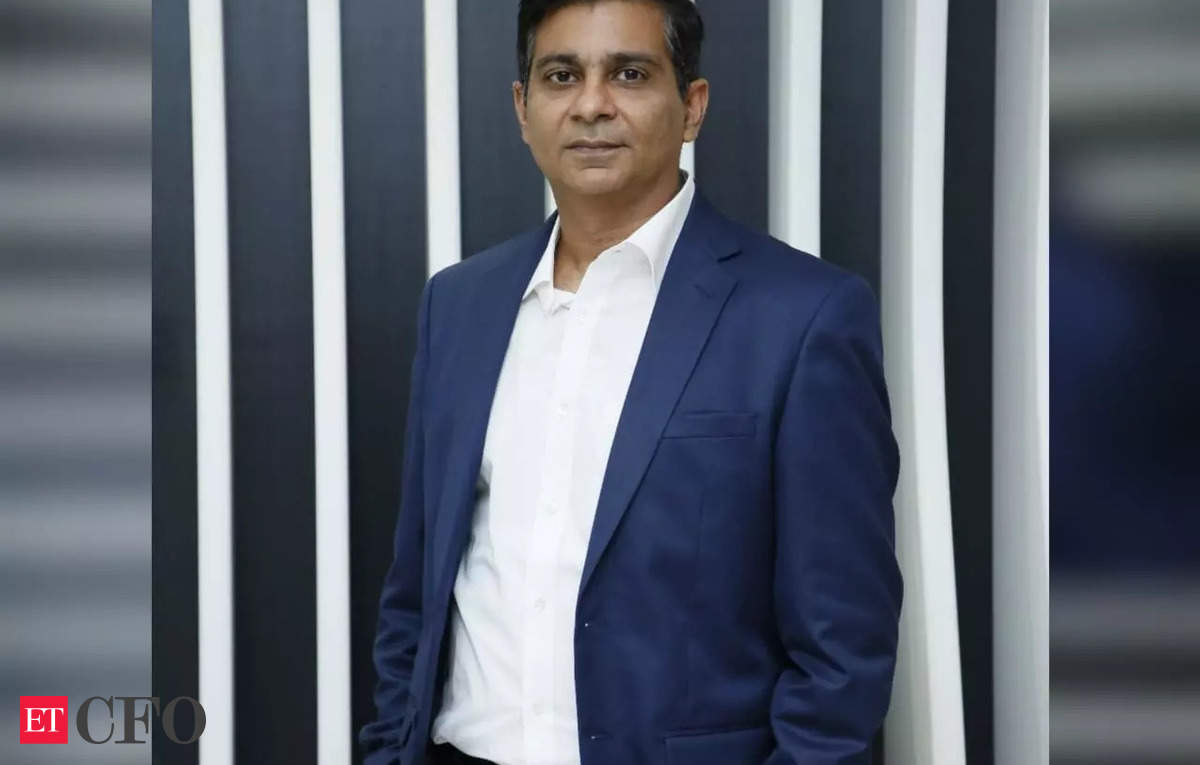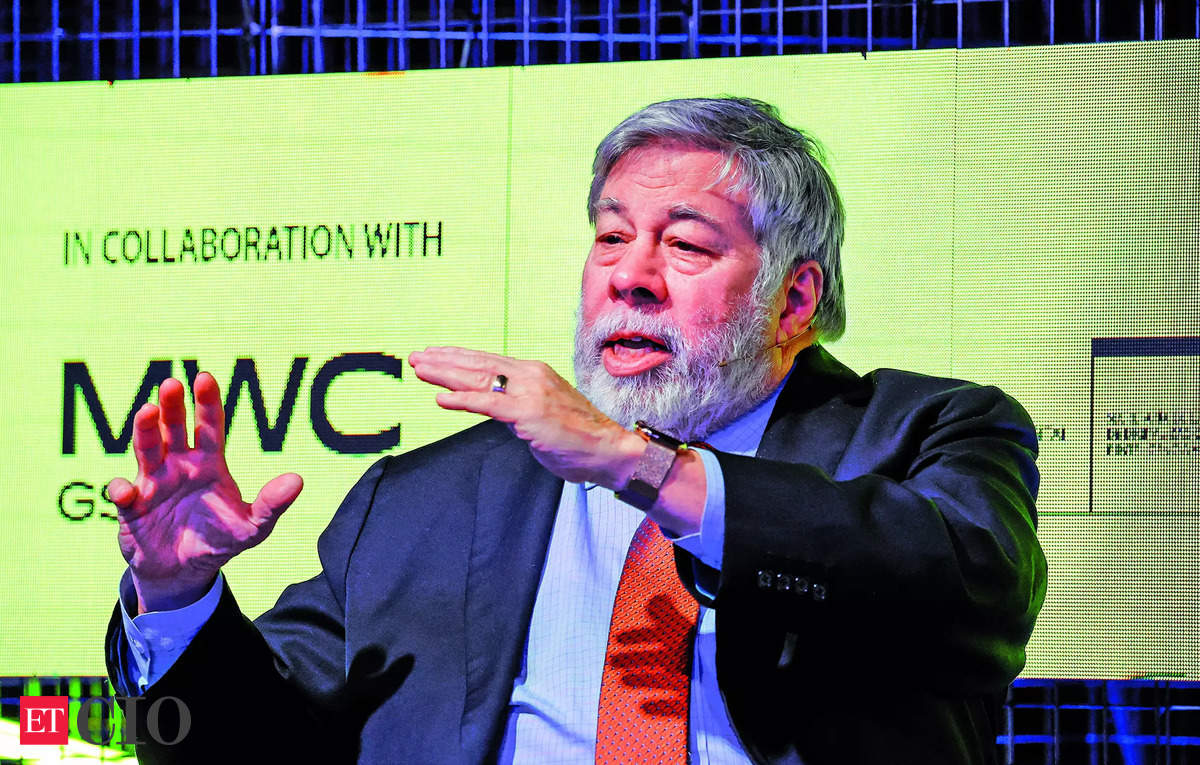An emerging hub for high-end jobs, TN thrives on back of its talent pool
Updated on
:
CHENNAI: Tamil Nadu is rapidly emerging as a major hub for high-end job creation, driven by increasing investments, a skilled workforce and strong government initiatives. With companies expanding across key cities, the state is witnessing unprecedented growth in employment opportunities, particularly in technology, renewables, electronics, finance and manufacturing.
The demand for talent is also surging, with high-value job opportunities set to grow significantly. In Chennai alone, the workforce is expected to increase 1.4 times, reaching 3,20,000-3,70,000 professionals by 2030, according to a report by CBRE, an American real estate services and investment firm. This expansion is driven by experienced professionals and fresh graduates, with a strong focus on workforce training, industry-academia collaboration and government-backed skilling programmes.
The Tamil Nadu State Planning Commission’s economic survey (for 2024-25) highlights the state’s demographic advantage, with its working-age population peaking. While this share is expected to decline slightly from 66.4% in 2021 to 63.6% by 2036, the shift signals the rise of a more skilled, technology-driven workforce, positioning TN for sustained economic growth.
Between 2022 and the first nine months of 2024, corporate office space absorption in Chennai rose from 14 lakh sq ft to 23 lakh sq ft, reflecting confidence in the state’s talent pool and a business-friendly environment. Among the Global Capability Centres (GCCs) setting up offices in Chennai, 33% belong to engineering and manufacturing, 27% to BFSI (banking, financial services and insurance), 13% to technology, 8% to life sciences, 2% to automobiles and 17% to other sectors.
Beyond Chennai, cities like Coimbatore, Madurai and Tiruchy are shaping up to be fertile ground for high-end job creation, attracting investments in manufacturing, R&D and engineering. The IT and tech sectors are also expanding, with Coimbatore, Tiruchy and Tirunelveli offering roles in AI, analytics and software development.
Raja Manickam, founder and CEO of iVP Semi, said, “Tamil Nadu has meticulously built a strong foundation in electronics manufacturing since the mid-’90s. Over the last 30 years, the state has developed a vibrant support ecosystem, making it easier for it to move up the value chain in research and development, prototype making and high-end manufacturing. The state’s youngsters have strong English-speaking and comprehension skills, enabling them to take on leadership roles.”
Besides the IT industry, which has saturated, Tamil Nadu should pivot towards hardcore engineering-related training and fund training centres, test labs and prototype-building facilities, he said. As India moves towards electronics manufacturing, TN has the potential to be a leader and a conduit for semiconductor development and manufacturing, Manickam added.
To encourage high-end job creation, the state has introduced a payroll subsidy — 30% in the first year, 20% in the second and 10% in the third — for jobs paying above `1 lakh per month. This initiative aims to position Tamil Nadu as a prime destination for GCCs.
“TN presents a compelling proposition for businesses seeking to establish or expand global operations. With strong policy incentives, a deep talent pool, a robust corporate ecosystem, and abundant office space, the state has solidified its reputation as a preferred GCC destination. Tamil Nadu now hosts over 250 GCCs, contributing significantly to India’s GDP,” said Anshuman Magazine, Chairman and CEO of CBRE India, southeast Asia, Middle East and Africa.
The Tamil Nadu government has proactively introduced sector-specific policies to attract investment and job creation. Recently announced GCC policies support facility growth, while fintech, R&D, startup and semiconductor policies offer attractive incentives, reinforcing Tamil Nadu’s appeal for both established and emerging firms.
Since 2021, Tamil Nadu has signed 893 MoUs with domestic and international companies, attracting Rs 10,07,974 crore in investments and creating over 31 lakh jobs.
An official cited First Solar’s AI-powered 3.3 GW solar module manufacturing facility in the state as an example. “Employees at India’s first fully-integrated solar plant operate through computers, using AI for automation and inspection,” he said.
The state’s economic survey notes that advancements in AI, robotics and big data analytics are transforming job markets. The government is compelled to introduce new courses, upgrade lab infrastructure, enhance faculty expertise, establish incubation centres and provide funding for skill development. Industry 4.0-standard labs in ITIs and polytechnics are set to be leveraged to introduce new training programmes for MSMEs and local industries.
Insights from the India Skills Report (ISR) 2025 highlight Tamil Nadu’s expanding talent pool, which is becoming increasingly aligned with the needs of emerging fields such as AI, robotics, data science and sustainable technology.
As industries evolve, continuous upskilling and deeper industry-academia collaboration are unlocking new opportunities for professionalism, says Nirmal Singh, CEO, Wheebox, a talent assessment company helping enterprises, governments and academic institutions globally to identify and measure talent.
“With a high volume of engineering and management graduates, Tamil Nadu is focusing on practical application, digital fluency and innovation-driven learning to further enhance employability in high-end sectors. However, the state must scale up AI, data science and deep-tech training. Currently, only 47% of its graduates are considered employable in emerging tech roles, underscoring the need for industry-integrated skilling programmes. With India’s talent mobility projected to grow by 5%, Tamil Nadu should adopt the Test of English for International Communication (TOEIC) and Global Employability Test (GET) to align its workforce with international employability standards,” he said.
Tamil Nadu has also moved up the value chain in the automobile sector, manufacturing next-generation vehicles for Tata Motors and Jaguar Land Rover at the new Ranipet plant. This internationally-benchmarked facility will serve both Indian and global markets while generating 5,000 jobs. Additionally, Hitachi has set up its largest Global Technology and Innovation Centre in Chennai, creating 3,500 jobs, including 500 for PhD holders. Kaynes Circuits India has invested `1,395 crore in Kancheepuram, generating 1,033 high-end jobs.
Furthermore, the state has wooed Pinnacle Group, a leading global workforce solutions company headquartered in United states which launched its first non-US headquarters in Chennai. The 100-seater office in Chennai strategically positions the company to deepen relationship with its existing customer base in the region. Pinnacle Group Chairman Nina Vaca told reporters that the new Asia Pacific Regional Headquarters marks a significant step in Pinnacle Group’s global strategy, aimed at better serving an increasingly international clientele comprising over 20% of the Fortune 100.
“Businesses like Pinnacle are part of the core model for the US’s economic success – creative, innovative, inclusive and on the move. That’s why it makes sense that they are located here in Chennai, a home for top-class talent and a supportive business environment,” said US Consul General Chris Hodges while launching the facility.
Companies like Foxconn are expanding beyond manufacturing into R&D. The company has signed a tripartite agreement with the IIT Madras Research Park and state government’s Guidance initiative, to advance innovation. IIT Madras startups, such as e-plane (electric taxis), TuTr (Hyperloop technology)and Agnikul (space rockets) are paving the way for high-tech job creation in the state.
With a dynamic economy, cutting-edge research facilities and forward-thinking policies, Tamil Nadu is set to strengthen its position as a global centre for high-end jobs and technological innovation.
The state is uniquely positioned to emerge as a hub for high-end jobs in automation, artificial intelligence, biotechnology, and knowledge-driven industries. By making strategic investments in education, job creation, and workforce upskilling, the state can attract global investments, ensure long-term economic resilience, and lead in high-value employment sectors. This proactive approach will enable TN to transition into an aging yet dynamic economy while securing its place as a leader in next-generation industries.
‘Rs 10 cr invested, 31L jobs created in TN since 2021’
Tamil Nadu has emerged as India’s leading investment destination, attracting `10 lakh crore in investment proposals and generating 31 lakh jobs since 2021. As TN transitions from a manufacturing centre to a global leader in advanced technology and product development, the focus is now on securing high-end investments and creating high-value jobs. Industries Minister T R B Rajaa speaks to C Shivakumar regarding this transformative journey.
Q. One of your key goals has been attracting high-end industrial investments and creating high-paying jobs. How successful has this initiative been so far?
A. Under CM M K Stalin’s leadership, Tamil Nadu has attracted investment proposals worth nearly `10 lakh crore, creating about 31 lakh jobs since 2021. We have secured high-end investments from top global companies in electronics, electric vehicles, Global Capability Centres and advanced manufacturing, including Jabil, Corning, Vinfast, Tata-JLR, Hitachi Energy and AstraZeneca. Tamil Nadu remains India’s most preferred investment destination. We are now focusing on creating ‘Product Nation Tamil Nadu’ — encouraging investors to design and develop products within the state.
Q. What measures is the industries department implementing to prepare the youth for high-end jobs?
A. We are running India’s largest upskilling initiative, Naan Mudhalvan, offering industry-specific training, upskilling and direct industry partnerships. Our Apex Skill Development Centres and revamped ITIs are ensuring that Tamil Nadu’s workforce meets global standards.
Q. What steps are being taken to enhance the state’s research and development infrastructure?
A. We are strengthening R&D by establishing Tamil Nadu’s first Knowledge City, fostering industry-academia collaboration and attracting top global research institutions like Germany’s RWTH Aachen University. The state is actively working to bring high-value research centres in battery technology, green hydrogen and aerospace engineering, ensuring that Tamil Nadu is not just a manufacturing hub but also an innovation leader.











